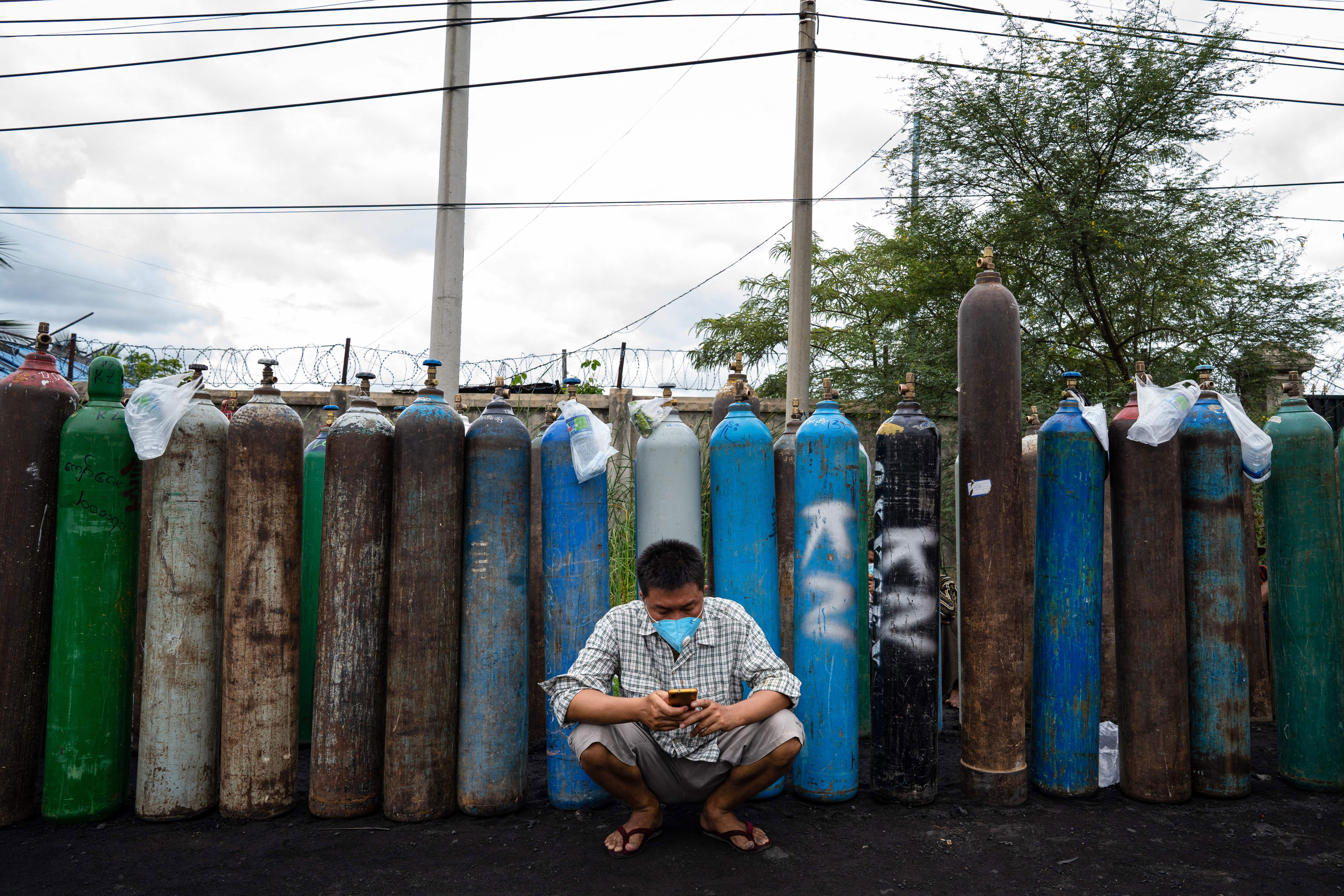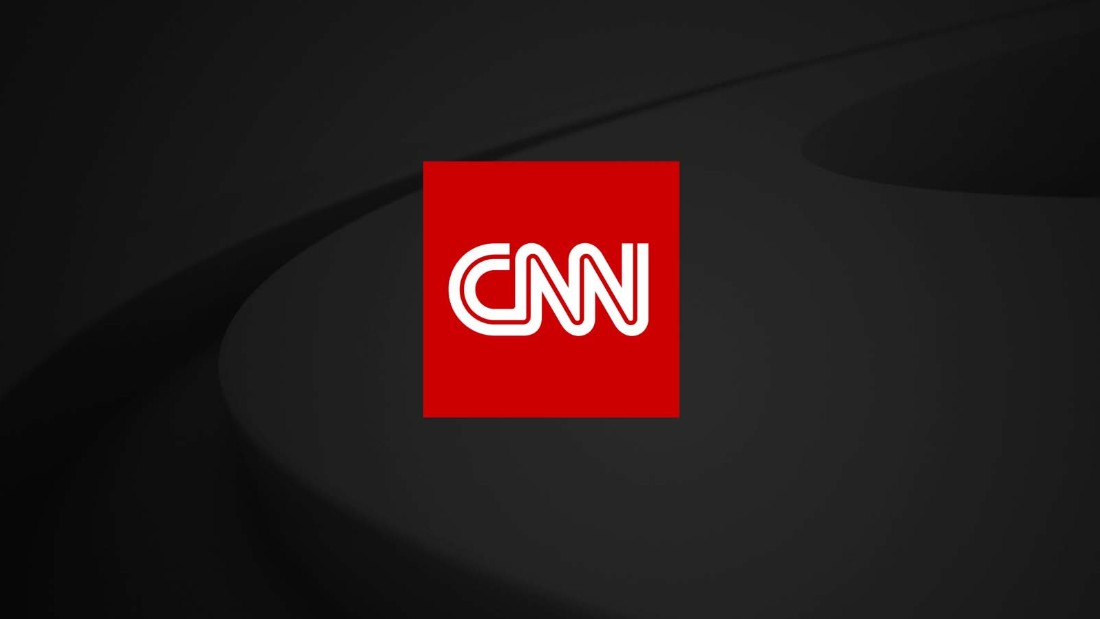WHO: Covid-19 is still a public health emergency of international concern

Tedros Adhanom Ghebreyesus, director general of the World Health Organization, said that the Covid-19 pandemic is still a public health emergency of international concern, in a WHO statement released Thursday.
This determination came after the eighth meeting of the International Health Regulations Emergency Committee regarding the pandemic, which happened on Wednesday.
“The Committee unanimously agreed that the COVID-19 pandemic still constitutes an extraordinary event that continues to adversely affect the health of populations around the world, poses a risk of international spread and interference with international traffic, and requires a coordinated international response. As such, the Committee concurred that the COVID-19 pandemic remains a public health emergency of international concern (PHEIC) and offered the following advice to the Director-General,” the WHO statement said.
“The Director-General determined that the COVID-19 pandemic continues to constitute a PHEIC. He accepted the advice of the Committee to WHO and issued the Committee’s advice to States Parties as Temporary Recommendations under the IHR.
Speaking about the Committee meeting during a news briefing in Geneva on Thursday, Tedros said “the committee has expressed concern that the pandemic is being mischaracterized as coming to an end when it’s nowhere near finished. It has also warned about the strong likelihood for the emergence and global spread of new and possibly more dangerous variants of concern that may be even more challenging to control.”
The Committee also “expressed deep concern” about the level of funding for WHO’s Strategic Preparedness and Response Plan for Covid-19, Tedros said, which constrains the ability of WHO to coordinate the global pandemic response, “particularly in terms of having the flexibility we need to move at the speed this virus moves.”
The advice of the committee to WHO included recommendations such as continuing to work with States Parties to implement public health social measures to control transmission; continuing to advocate for equitable vaccine access and distribution; expediting the work to establish means for documenting Covid-19 status of travelers; continuing to strengthen the global monitoring and assessment framework for variants; strengthening communication strategies at all levels and collecting information from State Parties on the uptake and progress in implementing temporary recommendations.
The committee’s temporary recommendations to States Parties include continuing evidence-informed use of public health social measures; implementing a risk-management approach for mass gathering events; achieving at least 10% of all countries populations vaccinated by September; enhancing surveillance of the virus and report to WHO; improving access to and administration of WHO recommended therapeutics; continuing a risk based approach to facilitate international travel and share information with WHO; no requiring proof of vaccination for international travel; recognizing all vaccines that have receive WHO emergency use listing and addressing community engagement and communication gaps at national and local levels.
![]()


